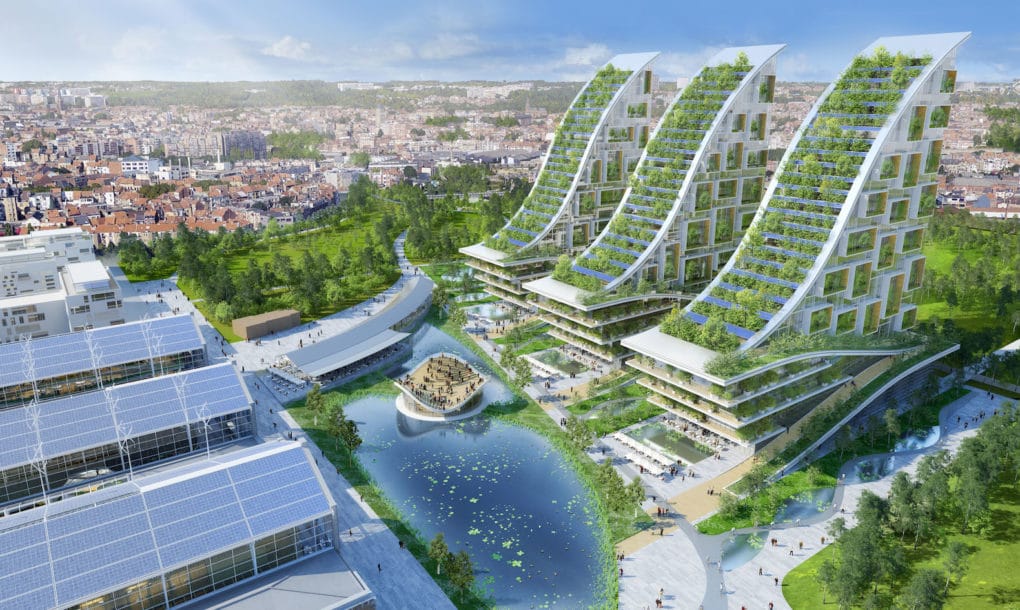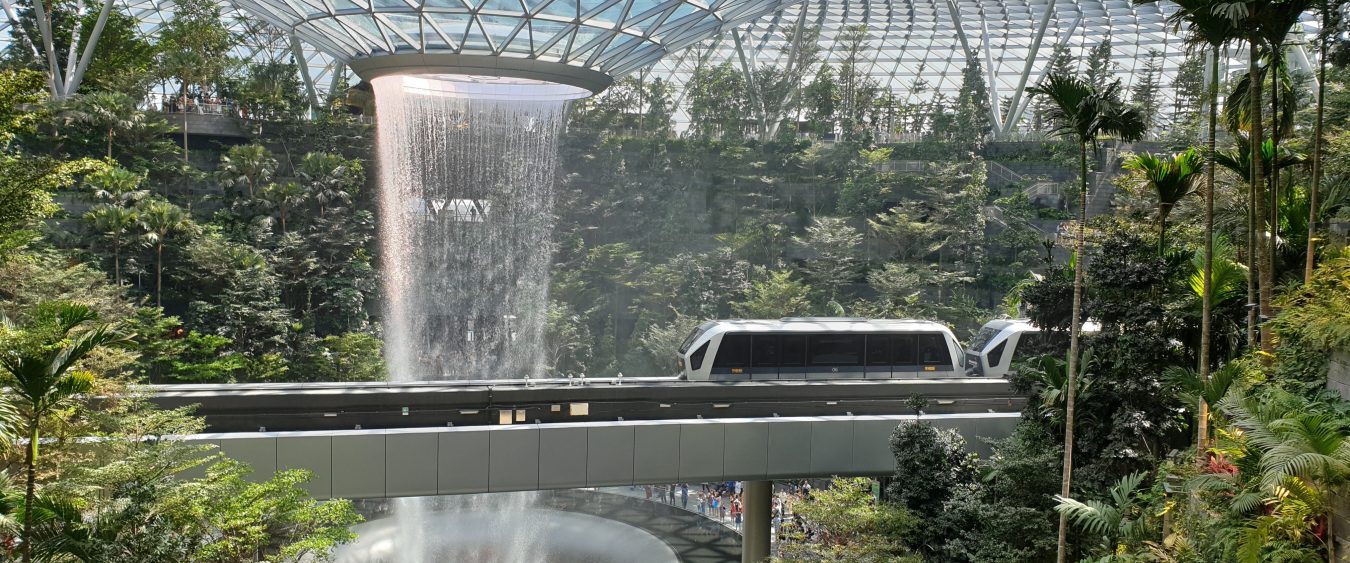
image from http://vincent.callebaut.org
Sustainable Infrastructure for Cities will provide a new generation of engineers to deliver the National Infrastructure Plan, to understand, maintain, protect and improve the resilience of our cities so they are productive, safe and healthy places to live and work. Projects co-created with Industry will develop cutting-edge engineering science and solutions to ensure the resilience and sustainability of cities through 5 themes.
Sustainable Growth
Transformational Mobility
Happy & Healthy
Resourcing evolving cities
Smart connected cities

Sustainable growth focuses on infrastructure-led solutions to provide significant new housing, work places, recreational space and transportation into an already-crowded urban area. Projects may investigate ways of minimizing the impacts of infrastructure on the environment; developing green infrastructure providing a linked city ecosystem that connects well-planned parks and open spaces, urban trees, streets, squares, woodland and waterways; techno-socio-economic solutions to improving energy efficiency in buildings and transport; and developing better decision-making tools for planners by accommodating the role of infrastructure in promoting growth and shaping people’s lives (encouraging positive lifestyle choices).

Transformational mobility focuses on transforming mobility to transform people’s lives and the cityscape, through the adoption of new paradigms, technologies and societal norms underpinned by appropriate infrastructure. Projects may develop design of the built environment that recognises the benefits of walking and cycling as a catalyst for developing sustainable, healthy, prosperous and attractive cities; alternative and zero-emission modes of transport; the ability (adaptability and resilience) of infrastructure to meet changing needs and boundary conditions (e.g. changes in intensity of use or climate / weather patterns); understanding and minimizing the whole life cost of infrastructure; extending the life of existing infrastructure through better maintenance and repair regimes; and minimum cost, minimum disruption enhancements through targeted “keyhole surgery” interventions.

Happy and healthy recognises that our cities and urban areas need to be designed with human health and well-being more explicitly in mind. This is especially important for children and young people, and those less independently able (e.g. through age or disability). This theme will focus on rethinking the infrastructure of the city, e.g. to better provision clean, safe recreational space; improving health through encouraging walking and cycling; and reducing contaminants and emissions (including noise) associated with city life.

Resourcing evolving cities identifies the struggle of providing optimised infrastructure that supports productivity and drives long term economic growth, while imposing closer living and working conditions that bring challenges of social cohesion, space and resource use. In addition, cities undergo constant physical renewal with the construction of new buildings, roads, communication systems etc. and the demolition of others. Regeneration often involves a change of purpose. This theme will address the scientific, engineering, environmental, social and health challenges of city growth, regeneration, development and decline. Projects may investigate the development of circular economies; management of waste and resource; infrastructure systems for cohesion during times of change; and providing for the needs of the city while controlling impacts on resources and the environment.

Smart connected cities highlights the need for planning, management and maintenance of future cities infrastructure that is heavily reliant on data and automation. Sensors will be ubiquitous throughout the infrastructure, gathering real-time data on everything from movement of people, to traffic flows, air and water quality, weather conditions, energy consumption and building health. Data analytics will be used to identify trends and feed into maintenance and planning of evolving cities. This theme will focus on technologies that enable cities to be smart and connected (e.g. smart sensors, energy efficient devices, reliable and efficient communications, data privacy and security, and machine learning for data analytics). Projects may investigate effective use of data gathering and analytics for planning of sustainable infrastructure, energy management in buildings, traffic management and utilities management; and security and privacy enforcement in smart connected cities.
